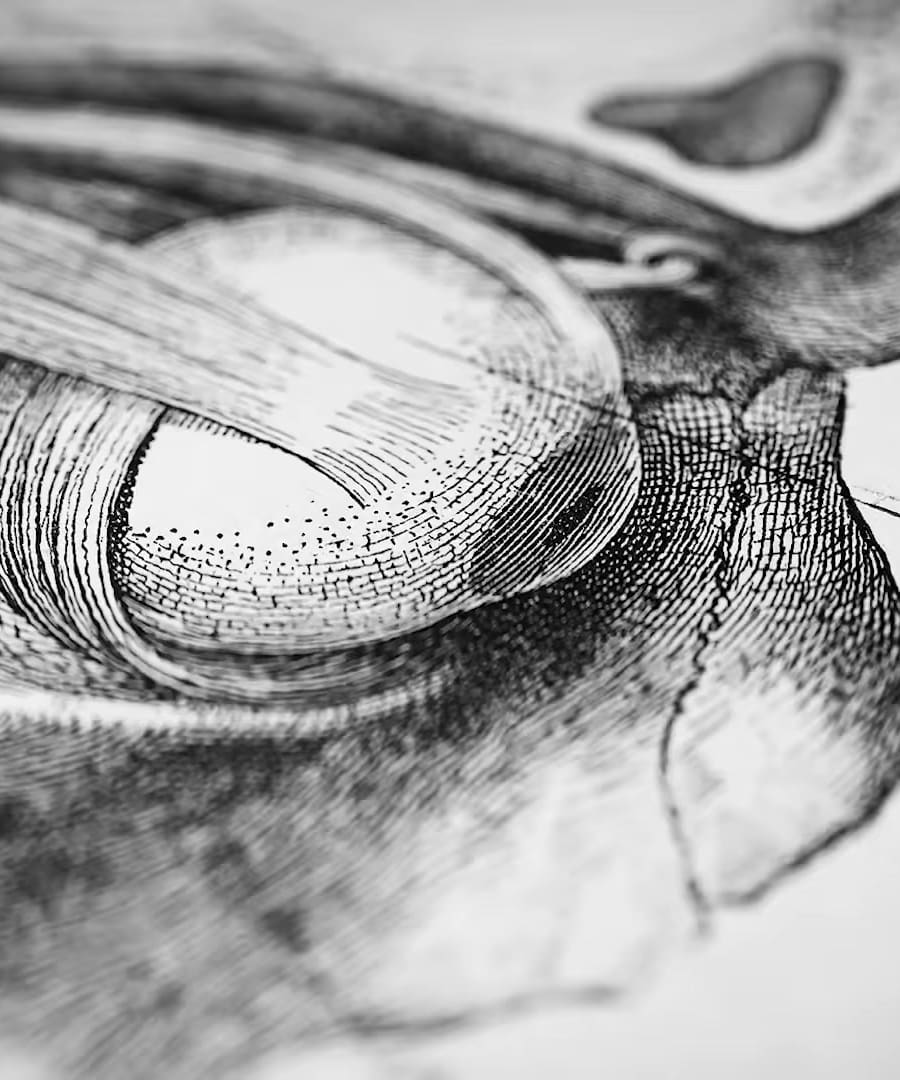Women nutrition
Sources:
When it comes to nutrition for women, there are several key considerations highlighted in the .
-
Protein Intake: Women are encouraged to consume sufficient protein to support muscle maintenance and overall health. Dr. Stacy Sims suggests aiming for 1.1 to 1.2 grams of quality protein per pound of body weight 1. After resistance training, it's recommended for women to consume 35 to 60 grams of protein within 45 minutes to optimize recovery and prevent muscle breakdown 2.
-
Fat Sources: Fats should primarily come from whole food, plant-based sources such as avocados, nuts, seeds, and olive oils, although there is also a role for good-quality animal fats like butter and yogurt. This approach helps in managing body composition and supporting hormonal health 3.
-
Carbohydrates and Micronutrients: During certain phases of the menstrual cycle, particularly the luteal phase, it's crucial to consume more carbohydrates and protein to manage cortisol levels and support metabolic needs. This helps in building tissue and maintaining energy levels 4 3.
-
Managing Hormones and Gut Health: Dr. Sara Gottfried emphasizes the importance of omega-3 fatty acids in managing female hormone health. The gut microbiome also plays a significant role in hormone metabolism and overall wellness, highlighting the need for gut-focused nutrition alongside hormone management 5.
-
Visceral Fat and Menopause: Visceral fat increases significantly during menopause, which can lead to chronic diseases. Maintaining muscle mass through adequate protein intake is critical to counteract muscle loss and manage body composition changes during this transition 6.
Understanding personal nutritional needs, especially in relation to hormonal cycles and changing metabolic demands, is fundamental to optimizing women's health and performance.
RELATED QUESTIONS-
Women nutrition
- RELATED QUESTIONS





